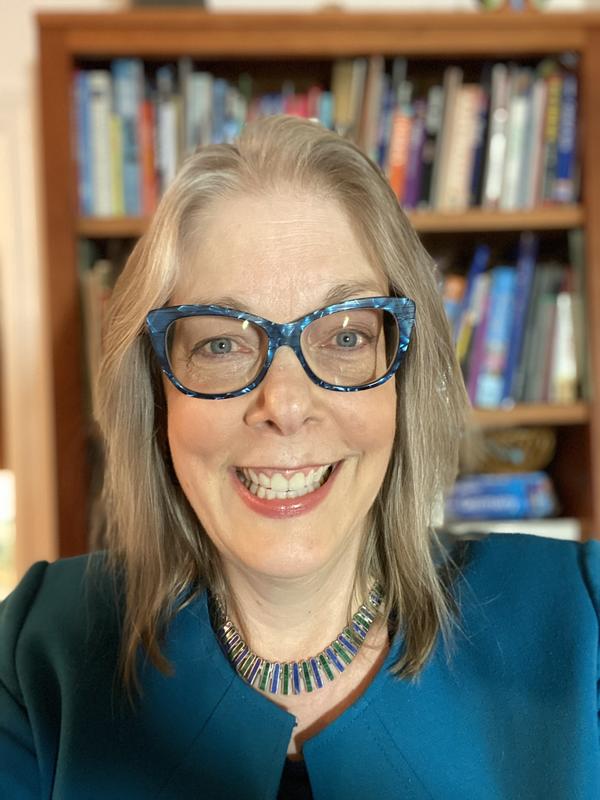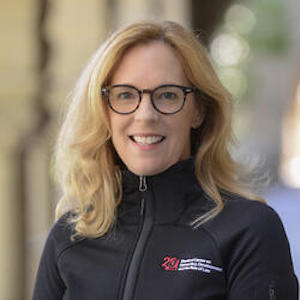Putin’s Perpetual Power: What It Means for Russia?
Virtual Briefing Series
Wednesday, March 20th, 2024 | 12:00 PM – 1:00 PM ET
The 2024 Presidential Election in Russia, scheduled from March 15 to 17, 2024, comes amid heightened tensions following the tragic death of Alexei Navalny, Putin’s former opposition leader. Navalny’s death has underscored the serious threat to political opposition and civil liberties in Russia. With most opposition figures either in jail or in exile abroad, it’s an inevitability that President Vladimir Putin, now 71 years old, will secure another term, extending his rule until at least 2030. The election will likely further consolidate Putin’s domestic and international policies, including Russia’s war in Ukraine. What will the next Putin term look like, how might it shape Russia’s domestic policies, and what can the United States and the international community expect from a further emboldened Russian leader?
Join us on Wednesday, March 20 from 12 PM to 1 PM ET for a conversation with Professor Kimberly Marten, Professor of Political Science at Barnard College, and a faculty member of Columbia’s Harriman Institute for Russian and East-Central European Studies the and Saltzman Institute of War and Peace Studies; and Dr. Kathryn Stoner, the Mosbacher Director of the Center on Democracy, Development, and the Rule of Law (CDDRL), and a Senior Fellow at CDDRL and the Center on International Security and Cooperation at Stanford University’s Freeman Spogli Institutes for International Studies
COULDN’T ATTEND OUR EVENT? Don’t worry. You can watch it below
SPEAKERS:
Professor Kimberly Marten
 Professor Kimberly Marten is a Professor of Political Science at Barnard College. She specializes in international relations, international security, Russia, and environmental politics. She is a faculty member of Columbia’s Harriman Institute for Russian, Eurasian and East European Studies, and Saltzman Institute of War and Peace Studies. One strand of her current research focuses on the politics of the changing Arctic, which she spoke about at the Climate Change and (In)security Project of the UK Army and Oxford University. The Harriman Institute and Eurasianet published a podcast interviewing her about her research on Russian Arctic extractive enterprises and climate change.
Professor Kimberly Marten is a Professor of Political Science at Barnard College. She specializes in international relations, international security, Russia, and environmental politics. She is a faculty member of Columbia’s Harriman Institute for Russian, Eurasian and East European Studies, and Saltzman Institute of War and Peace Studies. One strand of her current research focuses on the politics of the changing Arctic, which she spoke about at the Climate Change and (In)security Project of the UK Army and Oxford University. The Harriman Institute and Eurasianet published a podcast interviewing her about her research on Russian Arctic extractive enterprises and climate change.
Marten has expertise on a broad range of Russian security and foreign policy issues. In early 2022 she spoke about the developing Ukraine crisis with Preet Bharara on his Stay Tuned podcast, on WNYC radio’s “The Takeaway,” and on an expert panel cosponsored by the Saltzman and Harriman Institutes. She spoke about Russia’s invasion with Amna Nawaz on NPR’s 1A, with Hari Sreenivasan on PBS Newshour Weekend, and on Canada’s CBC television. She wrote about the invasion’s dangers for NATO in the New York Daily News, and participated in a Council on Foreign Relations roundtable event that revisited NATO enlargement in light of Russia’s invasion. In May 2022 she wrote about Finland’s likely bid to join NATO in ForeignAffairs.com. She analyzed Putin’s rationality and the danger of inadvertent escalation in a PONARS policy memo. She participated in longer panel discussions on the Russian invasion at Barnard with President Sian Beilock and Trustee Steven Solnick, at the Harriman Institute, and at a Columbia Inside briefing.
Marten has analyzed Russia’s Wagner Group “private” military company and its uses by the Russian state in Ukraine, Syria, Sudan, the Central African Republic, Mozambique, and Libya, in Post-Soviet Affairs, three PONARS-Eurasia memos, Lawfare, and War on the Rocks. She was honored to give congressional testimony about the Wagner Group in July 2020, and spoke about Wagner’s use in Russia’s 2022 Ukraine invasion for BBC World Service radio’s The Inquiry. She also explored Russia’s overall aims in Africa in the Washington Quarterly.
She unpacked and analyzed the history and status of Russia’s relationship with NATO and NATO enlargement, in International Politics, the European Journal of International Security, an H-Diplo International Security Studies Forum roundtable, and a report commissioned by the Council on Foreign Relations. In January 2022 she was interviewed about the Russia/US and Russia/NATO security dialog meetings by Voice of America and Al Jazeera English.
Dr. Kathryn Stoner
 Kathryn Stoner is the Mosbacher Director of the Center on Democracy, Development, and the Rule of Law (CDDRL), and a Senior Fellow at CDDRL and the Center on International Security and Cooperation at FSI. From 2017 to 2021, she served as FSI’s Deputy Director. She is Professor of Political Science (by courtesy) at Stanford and she teaches in the Department of Political Science, and in the Program on International Relations, as well as in the Ford Dorsey Master’s in International Policy Program. She is also a Senior Fellow (by courtesy) at the Hoover Institution.
Kathryn Stoner is the Mosbacher Director of the Center on Democracy, Development, and the Rule of Law (CDDRL), and a Senior Fellow at CDDRL and the Center on International Security and Cooperation at FSI. From 2017 to 2021, she served as FSI’s Deputy Director. She is Professor of Political Science (by courtesy) at Stanford and she teaches in the Department of Political Science, and in the Program on International Relations, as well as in the Ford Dorsey Master’s in International Policy Program. She is also a Senior Fellow (by courtesy) at the Hoover Institution.
Prior to coming to Stanford in 2004, she was on the faculty at Princeton University for nine years, jointly appointed to the Department of Politics and the Princeton School for International and Public Affairs (formerly the Woodrow Wilson School). At Princeton she received the Ralph O. Glendinning Preceptorship awarded to outstanding junior faculty. She also served as a Visiting Associate Professor of Political Science at Columbia University, and an Assistant Professor of Political Science at McGill University. She has held fellowships at Harvard University as well as the Woodrow Wilson Center in Washington, DC.
In addition to many articles and book chapters on contemporary Russia, she is the author or co-editor of six books: “Transitions to Democracy: A Comparative Perspective,” written and edited with Michael A. McFaul (Johns Hopkins 2013); “Autocracy and Democracy in the Post-Communist World,” co-edited with Valerie Bunce and Michael A. McFaul (Cambridge, 2010); “Resisting the State: Reform and Retrenchment in Post-Soviet Russia” (Cambridge, 2006); “After the Collapse of Communism: Comparative Lessons of Transitions” (Cambridge, 2004), coedited with Michael McFaul; and “Local Heroes: The Political Economy of Russian Regional” Governance (Princeton, 1997); and “Russia Resurrected: Its Power and Purpose in a New Global Order” (Oxford University Press, 2021).
She received a BA (1988) and MA (1989) in Political Science from the University of Toronto, and a PhD in Government from Harvard University (1995). In 2016 she was awarded an honorary doctorate from Iliad State University, Tbilisi, Republic of Georgia.
OUR VIRTUAL BRIEFINGS ARE OPEN AND FREE FOR PEOPLE AROUND THE WORLD
We are trying our best to keep our community informed about foreign affairs, and we would appreciate if you can support us to keep this virtual briefing series going. No amount is too small.

